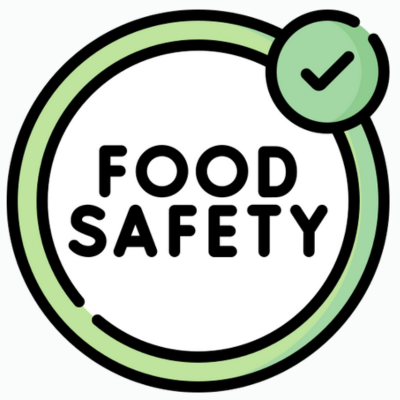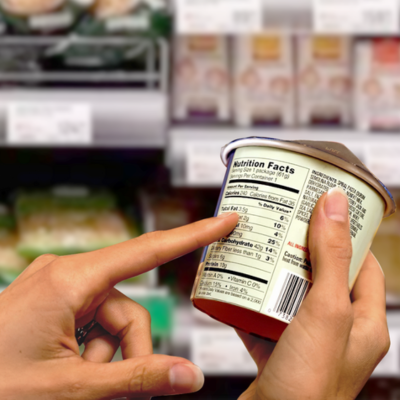FSSAI Certification

Ensures Food Safety
Food businesses that are Food Safety and Standards Authority of India certified demonstrate their commitment to maintaining high hygiene and quality standards. By following the FSSAI guidelines, manufacturers, processors, and sellers can guarantee that their products are safe, nutritious, and fit for consumption. FSSAI certification also helps build consumer trust, as it assures them that the food products they purchase are thoroughly tested, safe for consumption, and meet regulatory standards. Additionally, FSSAI certification ensures compliance with food safety regulations, reducing the risk of legal issues, penalties, and consumer dissatisfaction.
Food businesses that are FSSAI certified demonstrate their commitment to maintaining high hygiene and quality standards. By following the FSSAI guidelines, manufacturers, processors, and sellers can guarantee that their products are safe, nutritious, and fit for consumption. FSSAI certification also helps build consumer trust, as it assures them that the food products they purchase are thoroughly tested and safe for consumption.
In addition to consumer trust, Food Safety and Standards Authority of India FSSAI certification is also essential for legal compliance, as businesses that fail to meet food safety standards may face penalties or shutdowns. Ensuring food safety through FSSAI certification is thus a vital step in promoting public health and maintaining regulatory standards.

Product Labeling Compliance
Product labeling compliance is a critical aspect of ensuring transparency and consumer safety in the food industry. FSSAI certificate guarantees that food product labels adhere to strict regulatory guidelines set by the Food Safety and Standards Authority of India. This certification ensures that labels provide accurate and essential information to consumers, including details about ingredients, nutritional content, allergens, and other relevant data.
Proper labeling also helps to ensure that food products meet food safety standards, contributing to the overall health, safety, and well-being of the public. Accurate product labeling is essential for helping consumers make informed choices about the food they purchase, promoting both health and safety. By adhering to food license in India guidelines, food businesses show their commitment to regulatory compliance and consumer protection.
The label acts as a crucial communication tool, providing consumers with clear and concise information about nutritional content, ingredients, and potential allergens in the product. This transparency ensures that consumers can easily assess the nutritional value and make safer food choices, fostering trust in the brand and supporting overall public health.

Builds Consumer Trust
FSSAI certification plays a crucial role in building consumer trust by ensuring that food businesses adhere to strict standards of hygiene, safety, and quality. This certification assures consumers that the food products they purchase have been tested and meet the highest standards, providing them with peace of mind regarding their health and well-being. It also helps businesses differentiate themselves in a competitive market by demonstrating their commitment to food safety and quality. The FSSAI logo on packaging serves as a visible symbol of trust, assuring customers that the product has undergone rigorous checks.
By obtaining FSSAI certification, food businesses demonstrate their commitment to maintaining transparency, safety, and consistent quality in their products. It signals to customers that the company is dedicated to following best practices in food handling, storage, and production, which is essential for consumer confidence. The FSSAI logo on packaging acts as a symbol of trust and credibility in the food industry, assuring consumers that the product has undergone rigorous safety checks. This certification helps businesses build a positive reputation, attracting health-conscious customers and expanding their market presence
Overall, FSSAI certification not only builds consumer trust but also helps businesses stay competitive in the market by meeting regulatory requirements and providing safe, high-quality food products that meet consumer expectations.
